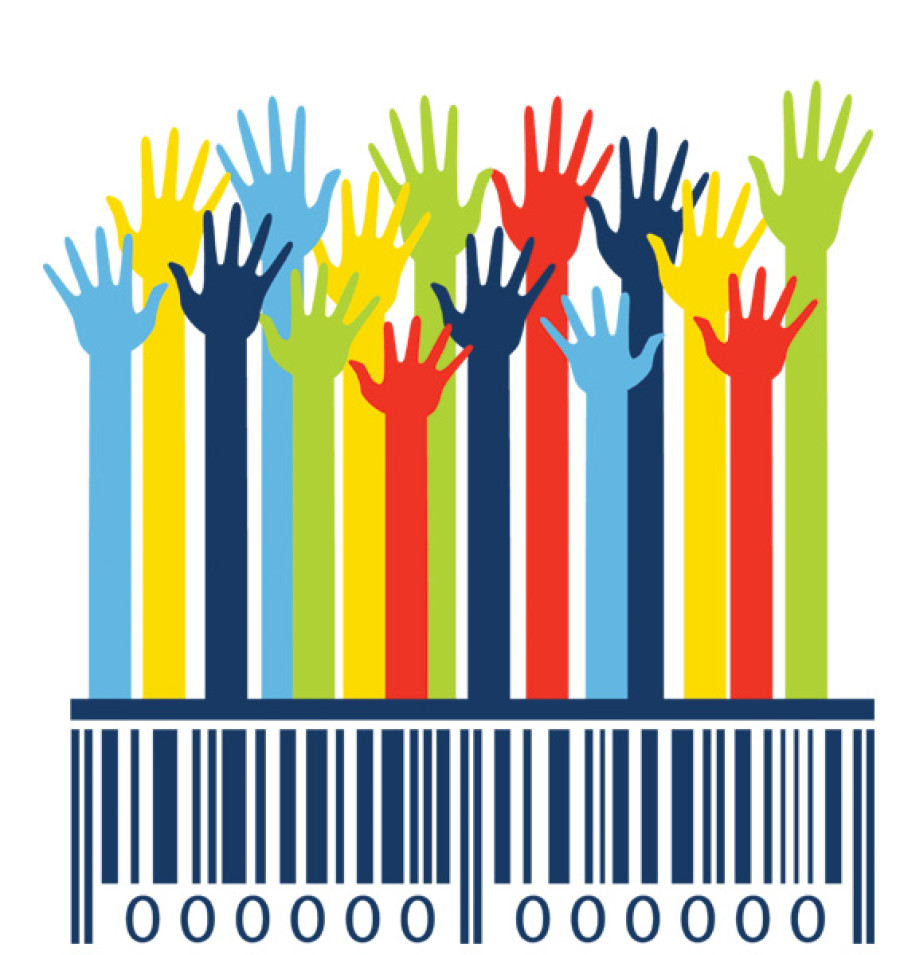Opinion
Know your rights
Consumer rights activists, organisations and government consumer agencies around the globe have been marking International Consumer Rights Day on March 15 even though it is not formally recognised by the United Nations (UN).
Kahar Singh Khadka
Consumer rights activists, organisations and government consumer agencies around the globe have been marking International Consumer Rights Day on March 15 even though it is not formally recognised by the United Nations (UN). In Nepal too, the international event has been observed for a few years, albeit on a small scale. The celebrations, unfortunately, have remained a formality and no tangible changes have been seen in terms of the protection and promotion of consumer rights. A majority of the people are unaware about their consumer rights which are protected by law. Very few have exercised their rights to safeguard their health and ensure protection from unfair trade practices.
History of consumer rights
The history of the consumer rights movement is not very long. It only gained momentum after the Second World War. On March 15, 1962, the then US president John F Kennedy declared four consumer rights while serving a directive to the US Consumer Advisory Council. They are now regarded as fundamental rights. Kennedy stated that consumers had the right to safety, the right to be informed, the right to choose and the right to be heard. These rights were not universally recognised until the UN endorsed them.
The history of consumer rights in Nepal is not so long either. The movement has made much progress, but there’s still a long way to go. After the political change in 1990, consumer rights issues came to the notice of rights activists and lawmakers. The turning point came when the government introduced the Consumer Protection Act 1998 and the regulation in 1999. Before the enactment of these statutes, there were some legal provisions in the Civil Code, but there was no specific law for the protection of consumers.
The Consumer Protection Act has established the right to be heard and compensated against exploitation and hardships resulting from trade irregularities and poor service quality. Compensation committees have been established in every district to hear complaints from consumers. However, these committees need to be replaced by consumer courts.
The constitution has also declared consumer right as a fundamental right of every citizen. The supreme law of the land states, “Each consumer shall have the right to quality foodstuffs and services. A person who has suffered from substandard object or service shall have the right to be compensated as provided for by law.” This constitutional declaration has enabled consumers to fight if their rights are violated. Unfortunately, very few people have stood up for their rights. And very few cases have been filed against those who have sold and supplied substandard consumer goods and services.
Protection and education
We have frequently encountered news stories about shops being sealed by government inspection teams for selling bad products. But we have rarely come across reports about compensation being paid to consumers by offending companies and service providers for the damage caused by their products and services. This is simply because most consumers do not claim compensation for the loss they have suffered. There are two reasons behind this. One, many people do not know that their rights are protected by law. Two, those who are aware that their rights are protected do not bother to begin legal proceedings.
Most consumers in Nepal fall under the first category. This is the major challenge we are facing. As the concerned agencies have not been able to educate the masses about their rights, everyday people are being made to buy low quality goods and services. In order to avoid being cheated repeatedly and obtain redress in case of severe damage, it becomes necessary for consumers to be always aware.
Nepal is far behind other countries in the field of consumer protection. The main thing we lack is consumer rights education. If we want more and more people to know about consumer rights, we must generate and strengthen awareness programmes effectively. In a country like Nepal where people lack consumer rights awareness, only celebrating an international day is not sufficient to raise awareness and safeguard the rights of consumers. Much effort needs to be made by all stakeholders to promote consumer protection. The government can play a vital role in protecting the rights and interests of consumers by establishing proper mechanisms for their overall welfare.
Khadka is chairperson of Prakriya Nepal, an NGO working in the field of health, education and consumer rights




 19.13°C Kathmandu
19.13°C Kathmandu










